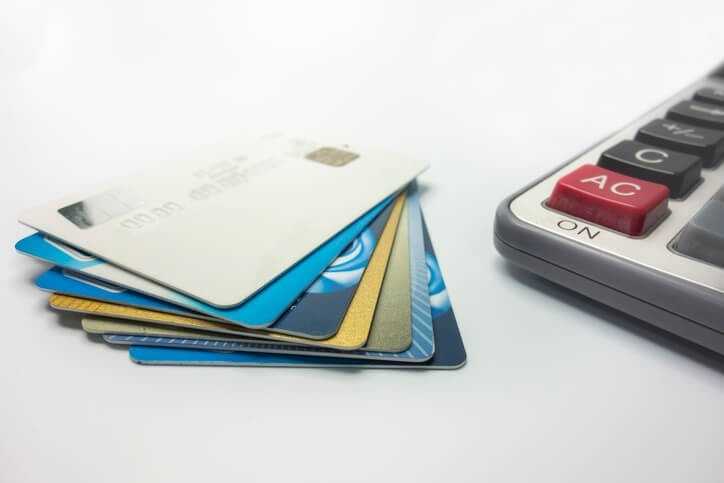How to Consolidate Credit Card Debt
If you're juggling multiple credit card payments, consolidating your debt can simplify your finances, save you money, and even improve your credit score. Here's how it works, what your options are, and how to stay on track.

What Is Credit Card Debt Consolidation?
Debt consolidation means combining multiple debts into one, typically with a lower interest rate and a single monthly payment. Instead of managing several bills with different due dates, you pay one fixed amount each month. This can reduce stress, help you stay on top of payments, and even save you interest over time.
Best Ways to Consolidate Credit Card Debt
There are two common strategies for consolidating credit card debt:
1. Balance Transfer Credit Card
- Offers a low or 0% intro APR for a set period
- May save money short-term
- Best for people with very good or excellent credit
One risk to consider is that interest rates can increase after the intro period on some balance transfer credit cards. When this happens, it can be easy to rack up new debt with high interest.
2. Debt Consolidation Loan (Personal Loan)
- Fixed rate and fixed monthly payments
- Predictable payback schedule and a payoff date you can circle on your calendar
- Can be easier to qualify for than balance transfer cards
- Often ideal for larger balances or when you want long-term structure
How Does a Debt Consolidation Loan Work?
- Calculate Your Total Debt
Add up your outstanding credit card balances or other high-interest debts that you want to consolidate. - Check Your Loan Options
Shop for fixed-rate personal loans with different lenders. Compare interest rates, monthly payments, and terms to see your best offers. - Use the Loan to Pay Off Your Debts
Once approved, you can use your funds to pay off your credit cards and other loans and debts. Some debt consolidation loans, like those through Upgrade, can send payments directly to your lenders so you have one less thing to worry about. - Make Monthly Payments
Remember to make all monthly payments for your new loan or credit card balances on time.
💡 Checking your rate for a debt consolidation loan through Upgrade won’t impact your credit score.
Will Debt Consolidation Affect My Credit?
Yes, but typically in a positive way. Here’s how it may impact your score:
- Credit Utilization: Paying off credit card balances improves your credit utilization ratio, a key factor that impacts your credit score.
- Credit Mix: Adding an installment loan to your profile can diversify your credit mix, which can improve your score.
- Payment History: Having one fixed payment gives you an opportunity to show a positive payment history and avoid missed or late payments.
- Hard Inquiry: Applying for a loan typically results in a hard credit inquiry, which may cause a temporary dip in your score.
Benefits of a Debt Consolidation Loan
✅ One fixed monthly payment
✅ Lower interest rate (in most cases)
✅ Predictable payoff date
✅ Potential to save on finance charges
✅ Can improve your credit score
✅ Easier budgeting
How to Stay on Track After Consolidating
- Use the loan for its purpose – Pay off debt, not new expenses
- Avoid over utilizing credit cards – Keep balances low or at zero when possible
- Stick to a budget – Control spending habits and avoid overspending
- Set financial goals – Stay motivated to maintain your financial wellness
Ready to Consolidate Credit Card Debt?
Credit card consolidation helps you simplify payments, potentially lower your interest, and boost your credit score all in one smart move. Check your rate for a debt consolidation loan through Upgrade in minutes with no impact to your credit score.
Personal loans made through Upgrade feature Annual Percentage Rates (APRs) of 7.99%-35.99% and a 1.85%-9.99% origination fee, which is deducted from the loan proceeds. Lowest rates require Autopay and paying off a portion of existing debt directly. For certain discounts, collateral may be required. Repayment terms from 24 to 84 months. For example, if you receive a $10,000 unsecured loan with a 36-month term and a 17.59% APR (which includes a 13.94% yearly interest rate and a 5% one-time origination fee), you would receive $9,500 and would have a required monthly payment of $341.48. Over the life of the loan, your payments would total $12,293.46. The APR and other terms of your loan may vary and you may not be presented with multiple offers. If offered, your loan terms, including your rate, will depend on credit score, credit usage history, loan amount, and other factors. Late payments or other fees, as noted in your Borrower Agreement, may increase the cost of your fixed rate loan. Certain loan offers may not be available in all states.


